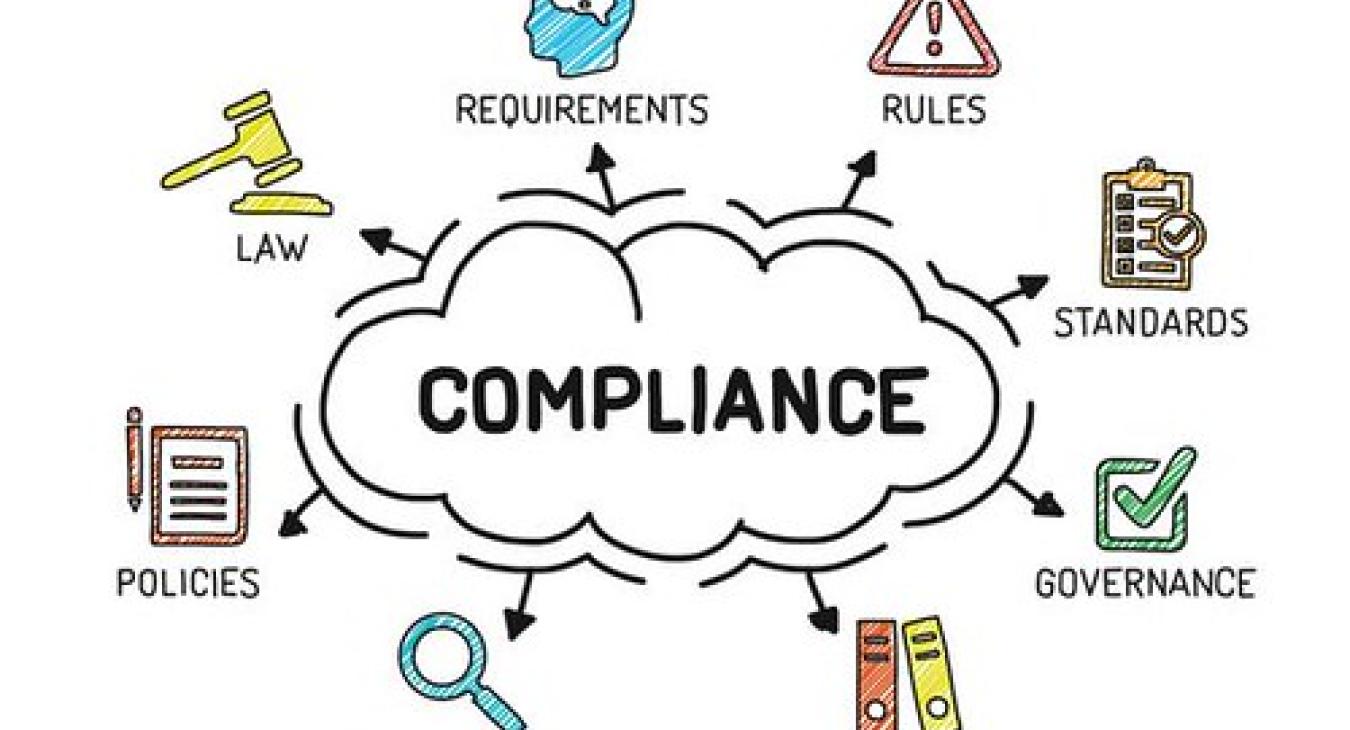
Table of Contents
There is a lot of legislation, plus regulations and standards that surround electrical safety in the work place. Ensuring that you and your business are operating in a safe environment and maintaining electrical compliance with safety legislation is vital.
Regular testing and inspection of both fixed electrical installations and portable appliances, completed by qualified electricians, is the most effective way to ensure compliance with health and safety law.
Testing should consist of both scheduled visual inspections and tests. Electrical inspection and testing procedures are determined by the type of installation:
- Initial Verification Inspection and Testing: For new build or alterations to fixed electrical installations
- Periodic Inspection and Testing: Fixed wire tests of existing electrical installations
- Portable Appliance (PAT) Testing: Portable electrical appliances
In addition, basic, visual inspections of electrical equipment (both fixed installations and portable appliances) carried out on a regular basis can identify faults and defects before they develop into a serious hazard.
Back to top1) New electrical installations
Fixed installations must be certified as safe and compliant with BS 7671:2018 where they are either:
- newly-installed or
- alterations involving new circuits have been made to an existing installation.
- Periodic fixed testing
A programme of regular testing and inspection of a building’s electrical installations and systems can ensure continued compliance and maintenance.
Any potential or existing defects that need to be rectified should be highlighted by the electrical engineer, and a new report issued after the corrective works have been carried out.
Back to top2) Fixed Wire Testing
(Sometimes called Fixed Installation Testing or Fixed Electrical Testing)
Fixed Wire Testing involves testing the electrical circuits and systems that distribute electricity around a building. It covers all the hard wiring in a building, whether that building is commercial, industrial or residential.
Included in this are the circuits supplying lighting and power circuits, along with any distribution boards and consumer units. The testing identifies any potential hazards within an electrical installation. It will highlight a lack of earthing or bonding and reveal if circuits are potentially overloaded or have been installed incorrectly.
Once fixed wire testing has been carried out, you will be issued with an EICR certificate. EICR stands for 'Electrical Installation Condition Report'.
Fixed Wire testing is a legal requirement. Employers are legally obliged to ensure that all electrical equipment and wiring is regularly maintained, in order to comply with the requirements of the Electricity at Work Regulations 1989.
In addition, routine fixed wire testing is often contractually required by insurance companies, licensing authorities and landlords. Failure to arrange regular fixed wire testing can be regarded as a breach of contract.
The frequency of testing required for compliance varies between environments, determined by a number of factors such as the use, operation and other external influences affecting the installation.
By law, the business owner must be able to prove that all electrical installation work on their property meets certain electrical safety requirements, or they will be committing a criminal offence.
To help ensure that you and your business are complying with all relevent electrical safety legislation, Stator Electrical are happy to meet you at your business premises and give you some guidance and advice. Give us a call on:
0115 647 0335 or pop us a message here to arrange this.
Back to top














